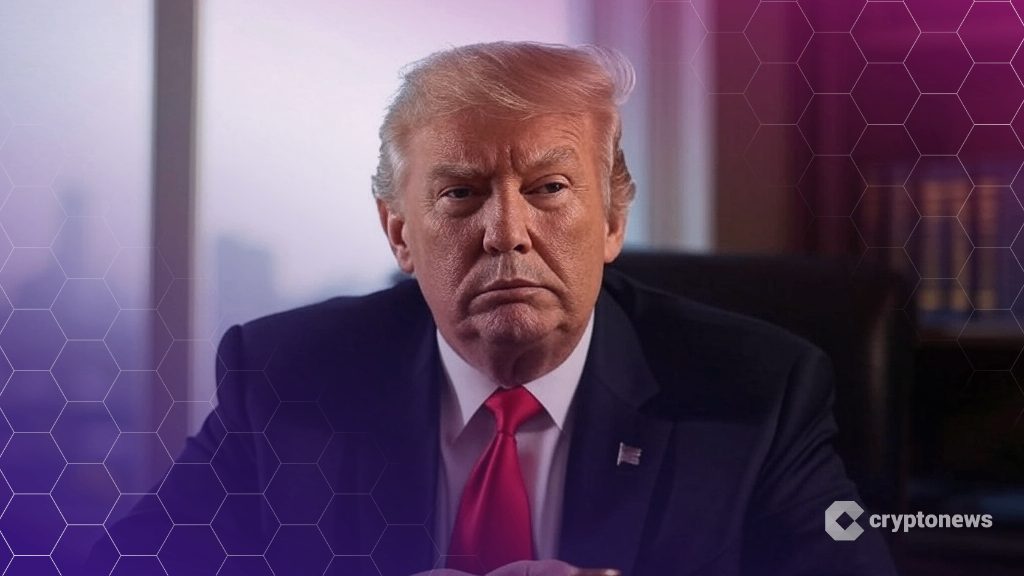Robert Kiyosaki And Ray Dalio Warn Los Angeles Riots Signal Civil War—Kiyosaki Says Save ”Gold, Silver, And Bitcoin”

The Los Angeles riots have ignited fears of escalating social unrest, prompting Robert Kiyosaki and Ray Dalio to link the events to the possible onset of a civil war fueled by economic collapse.
Both financial heavyweights are urging people to prepare, with Kiyosaki calling for a shift away from fiat currency to Bitcoin, gold, and silver as safe-haven assets.

Kiyosaki Says Ditch Fiat And Buy Gold, Bitcoin And Silver
Kiyosaki, the author of the best-selling book Rich Dad Poor Dad, warned of an impending economic collapse in a June 9 post on X.
“I believe we and the world are in for a long, hot, violent summer,” Kiyosaki wrote in the post.
He specifically mentioned the ICE raids in Los Angeles that have erupted into mass violence as a sign that a “CIVIL WAR has begun.”
Kiyosaki tied the turmoil to The Fourth Turning, which is a historical theory that suggests society enters a period of profound crisis and transformation every 80 years.
“Past 4th Turnings were the Great Depression/WWII, the Civil War, and the American Revolution,” Kiyosaki said.
The root cause for the unraveling is economic, he said. More specifically, he blames bankers, who he says are “stealing the wealth of people via FAKE money.”
He urged his over 2.7 million followers on X to safeguard their wealth, ditch fiat currency, and instead “save gold, silver, and Bitcoin,” which he called “sound money.”
Dalio Says Failing Economies Will Ignite Civil War
Dalio, the billionaire hedge fund manager who founded Bridgewater Associates, also expressed concerns over the emergence of a civil war in a June 9 post on X.
He said the US has entered a “late-cycle debt dynamic” at both the state and federal levels. That’s leading to the breaking down of the domestic order and what he describes as ”some form of ‘civil war.”’ We are now in the ”pre-civil war stage,” he said.
That’s not just the US and Dalio says there’s a “classic toxic mix” of factors that often lead to a civil war that are present globally.
“The single most reliable leading indicator of civil war or revolution is bankrupt government finances combined with big wealth gaps,” he said. ”Those places (cities, states, and countries) that have the largest wealth gaps, the largest debts, and the worst declines in incomes are most likely to have the greatest conflicts.”
Bitcoin Climbs Above $108K
Bitcoin is now just 2.8% below its all-time high of $111,970, according to CoinMarketCap. The king of cryptos traded at $108,588 at 12:53 p.m. EST after rising 0.85% in the past 24 hours..
You May Also Like

Trump Secures 11 GOP Votes for GENIUS Act Following Oval Office Meeting — Vote Expected Tomorrow

Trend Research sold nearly 49,000 ETH today to repay Aave loans, worth about $151 million
